Almost everyone has already found himself in a situation where he had to help or could have helped a person in need. But how do we make the decision to react or ignore it?
By the term „civil courage“ we mean to help another, mostly foreign person in the public, because she/he is physically or mentally threatened, or social norms such as human dignity, human rights, or justice are disregarded.
Perception
Usually, we perceive danger situations with our eyes and ears. We see, how someone is offended, harassed or robbed and hear taunts and cries for help. Also our nose can make us aware of a dangerous situation by smoke or a fire development.
Judgement
In a short time, we have to make a decision as to whether we can intervene and help or ignore the situation and leave it idly. In this assessment, our individual sense of justice helps us through social norms. But civil courage is not innate or educated, because inner values make up only a small part of the willingness to help. However, external factors, such as time pressure or local conditions, have a much greater impact on decision-making for or against intervention.
Responsibility
It is proved that we are more courageous when we can help as a single person. Our sense of responsibility is now much higher, as we cannot derive social responsibility from other, present individuals. However, if many people are aware of a critical situation (for example, harassment in a subway), we usually tend to pass the moral duty and wait for someone else to take the initiative.
If no one feels responsible in the crowd, we perceive this subconsciously as a model of action and hesitate to act all the more independently.
Action competence
Another part of our decision-making process is the question of whether we are in a position to help at all. We are weighing on whether we can de-escalate, resolve, or even physically end situations. In cases where first aid needs to be provided, the question of how to handle competency is particularly common. We do not trust our medical knowledge too much, and often have more damage to deal with as a result of wrong action than improving conditions.
Cost-benefit analysis
Since we can only hardly put our ego aside, even in difficult situations, a kind of cost-benefit analysis takes place in our minds. However, this is by no means to be condemned, since it serves our own protection. What could happen to me when I intervene? Do I miss my appointment? Will I get hurt? Can I be sued? The latter question is particularly important because many people are afraid of legal consequences. Here, the legal texts on self-defence / defence of a third person and act of necessity must be kept in mind. Because a justification ground is given by an emergency situation, it is not a criminal offense. Even with first aid cases, it has no legal consequences if the helper could not save the injured or in the process accidently injured more. However, failing to provide assistance is a criminal offense and is legally prosecuted.
How can we show civil courage?
The most important thing is that we do not put ourselves in danger. Especially if we are the only potential helper. Through indirect assistance, for example a call to the police, fire brigade or other authorities, we can act by reporting without risk. If there are more people at the scene, we should first look for allies. Fellow human beings who consider the need for action as acute and can strengthen our backs. Finally, we can help a victim by providing ourselfs to the police as a witness and making a statement about the events.

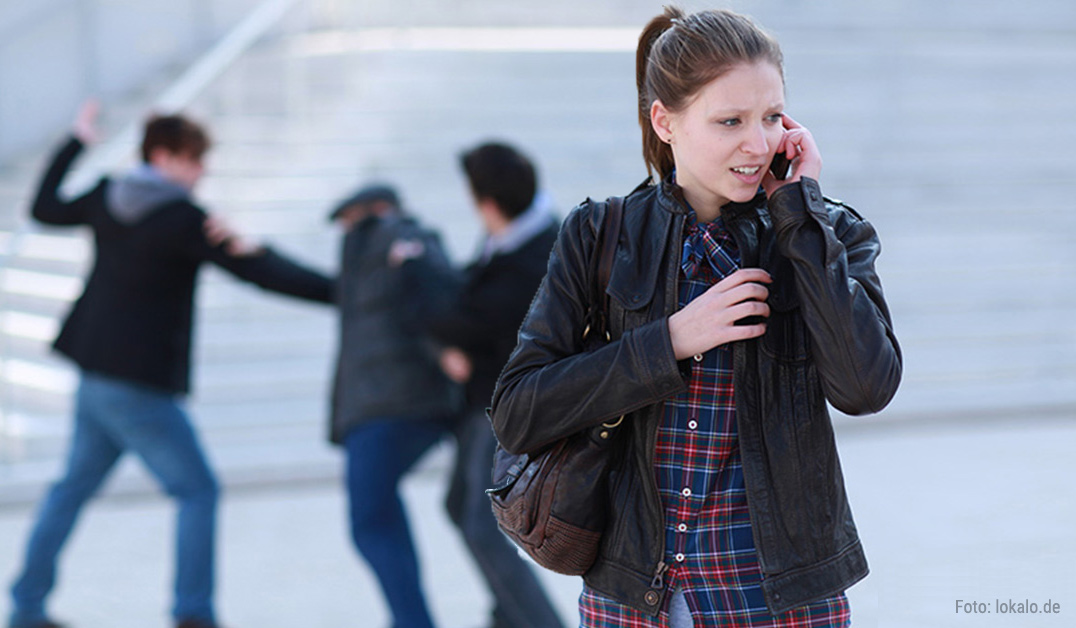
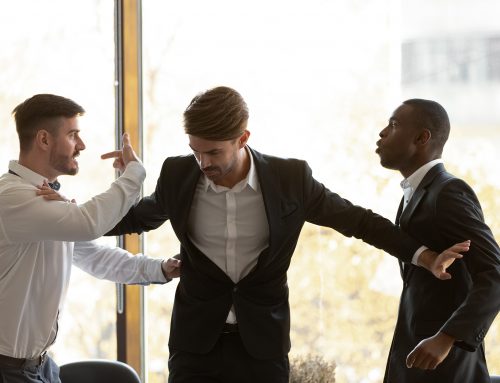
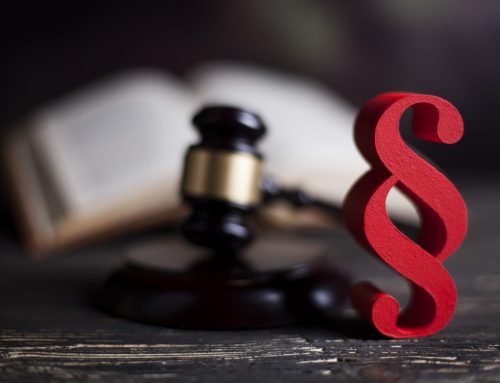
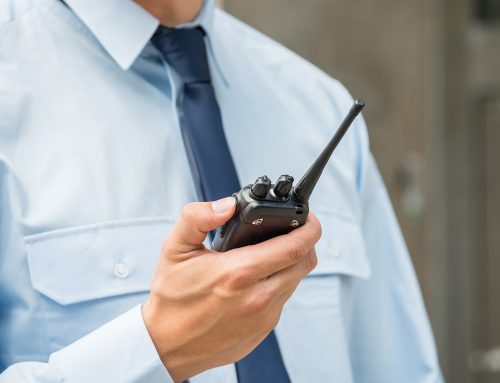
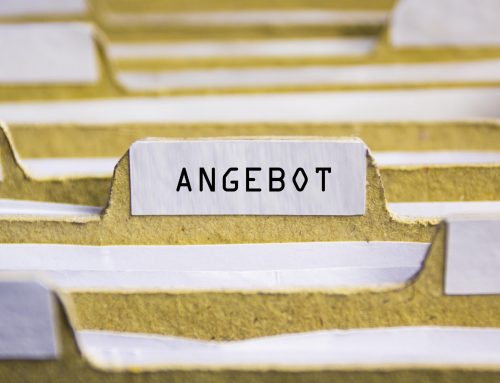
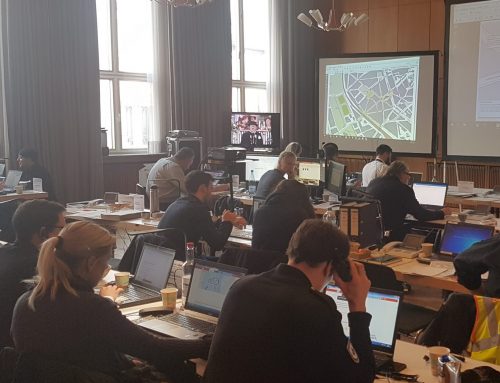



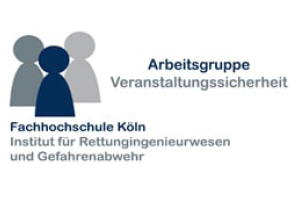




Hinterlasse einen Kommentar
Du musst angemeldet sein, um einen Kommentar schreiben zu können.